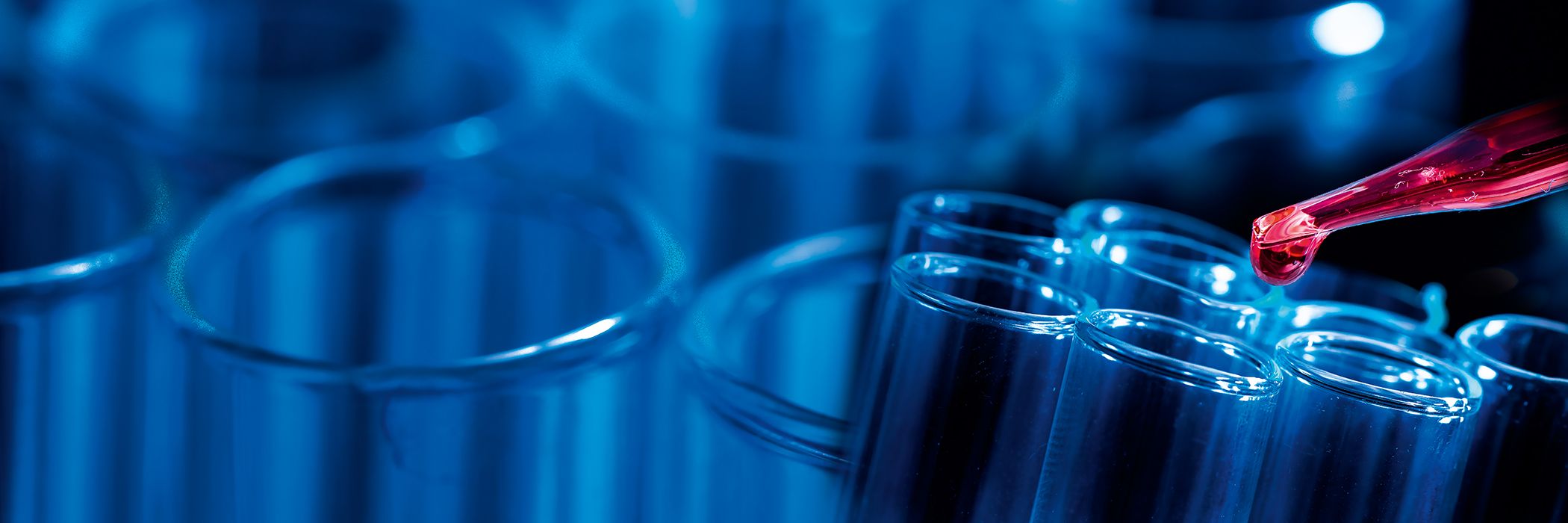Molecular Nanotechnology
Bottom-up design of nanomaterials for molecular recognition and (bio)catalysis.
Biological systems possess the ability to recognize, sort, catalyze, communicate and to store information using a set of basic rules that are known in and of themselves but that interplay in such a complex, intricate and synergistic manner as to result in tremendous efficiency. The research activities of the molecular nanotechnology group takes its roots and inspiration in this vision and develop synthetic strategies to design novel, functional nanomaterials endowed with molecular recognition or biocatalytic properties.
Designer macrocycles - The group has specialized in the design and synthesis of macrocyclic molecular receptors based on calixarenes and cyclodextrins. We apply those designer macrocycles as molecular recognition elements for small organic molecules (e.g., active pharmaceutical ingredients, natural products) for a range of environmental and biotech applications. Amphiphilic calixarenes are also used to produce crystalline two-dimensional assemblies (e.g., metal-organic networks), which are applied as crystallization templates.
Protein Supramolecular engineering - In contrast to enzyme engineering, the term “supramolecular-engineering” refers to a novel concept of enzyme supramolecular modification, without manipulation of the protein sequence by genetic engineering or covalent modification of the biomolecule. We have developed this approach to design synthetic nanomaterials possessing unprecedented affinity and selectivity for protein targets such as viruses and virus-like particles. We have also applied this supramolecular approach to develop a novel class of nanobiocatalysts with applications ranging from specialty chemical (asymmetric) synthesis and production of biologics, to proteomics and nanomedicine.
